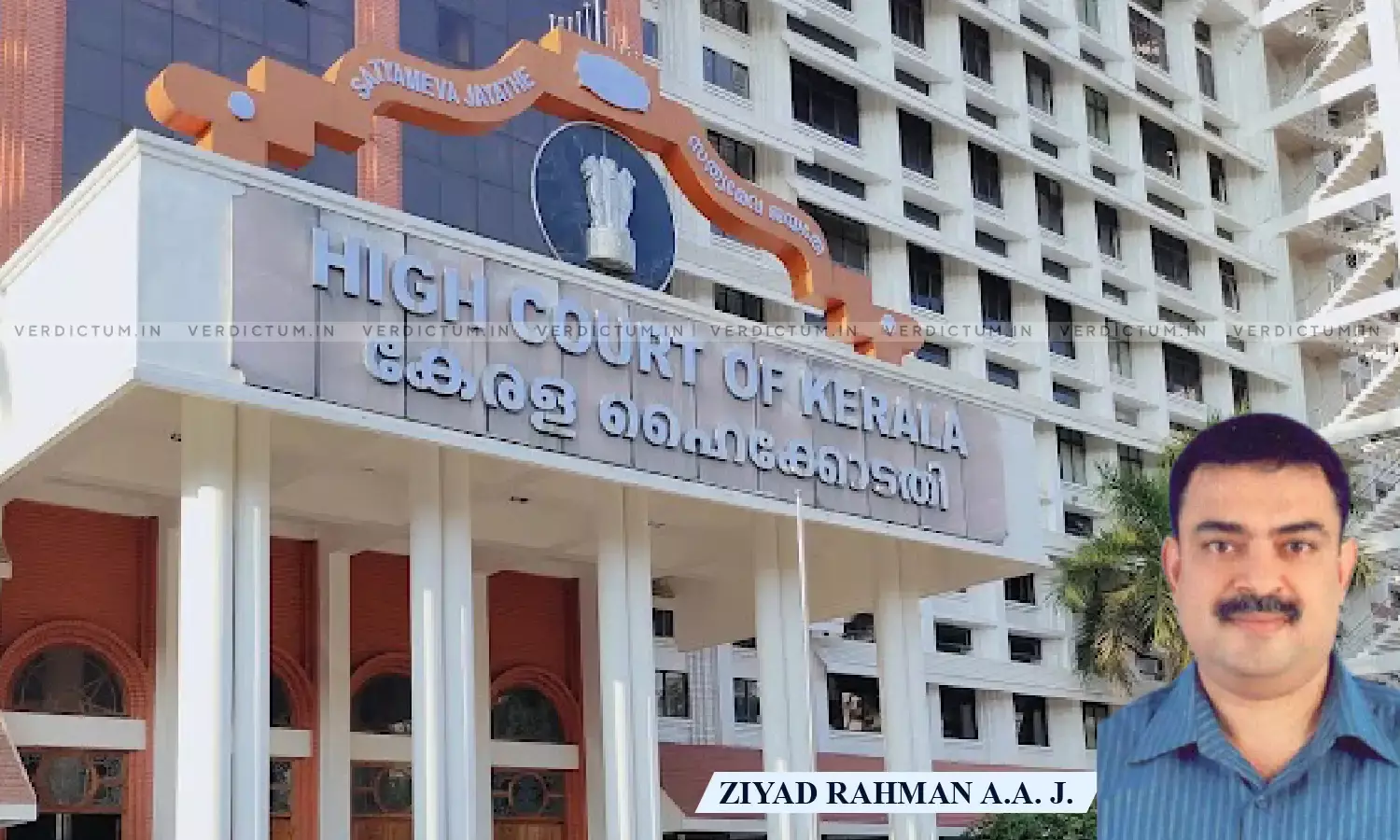Kerala High Court Denies Bail To Accused Who Allegedly Bought Cocaine Via Mobile Application Using Cryptocurrency

The Kerala High Court denied bail to a man accused of buying cocaine using cryptocurrency via a mobile app. The Court emphasized that offences under the Narcotic Drugs and Psychotropic Substances Act, 1985 (NDPS Act) affect the young generations and subsequently impact the country's growth. The Court held that such offences do not warrant any leniency and should be dealt with strictly.
“In this regard, one of the crucial aspects to be considered is the purpose for which the stringent provisions in the NDPS Act are incorporated…This is presumably because of the serious impact of the offences under the NDPS Act, on society as a whole. In the case of murder, the impact is mostly confined to an individual or his family; whereas the impact of drug abuse and drug trafficking mainly affects the young generation, thereby causing its impact on the growth of the country as such”, Justice Ziyad Rahman A.A observed.
Advocate Salim V.S appeared for the Petitioner, and Advocate Navaneet N. Nath appeared for the Respondents.
An Intelligence Officer received information from the Postal Appraising Department (PAD) regarding a suspicious package sent from a foreign country. The Narcotic Control Bureau (NCB) inspected the package before witnesses after complying with the legal formalities. The package contained quantities of MDMA and Cocaine. Thereupon, the NCB found that the package belonged to the Petitioner. When the Petitioner came into PAD to collect his parcel, he was apprehended by NCB.
The Petitioner, in his statement, under Section 67 of the NDPS Act, admitted that he placed the order for contraband through the ‘Wickr Me’ App, using cryptocurrency through the Binance cryptocurrency trading App, using Monero (XMR) currency. He informed the NCB that he could identify the sellers of drugs with the names ‘Reddington UK’ and ‘Drugs Cartel’. Accordingly, the Petitioner was arrested and has been in judicial detention since then. The mobile phone seized by the NCB was sent for scientific analysis, and the report was awaited. The chemical analysis report of the contraband articles confirmed that the articles recovered from the petitioner were MDMA and Cocaine.
The Petitioner filed a bail application before the Sessions Court but was dismissed. Meanwhile, the NCB completed the investigation and submitted a complaint before the Principal Sessions Court. The Petitioner, therefore, filed for regular bail before the High Court.
The Court noted that the Wickr Me App is unique because it offers free, end-to-end encryption for various messages, temporarily stored on the service provider's server and automatically deleted once downloaded by the recipient, ensuring complete confidentiality of transactions. As a result, the investigating officer was unable to obtain transaction details from the Wickr Me App.
The Court noted, “When the materials in this case, are considered in the light of the above principles, the following aspects are seen;
i) The parcel was sent from a foreign country to the address and showing the phone number of the petitioner herein. Upon being informed of the same, the petitioner reached the post office to collect the same. Of course, under normal circumstances, the conduct on the part of the petitioner in reaching the Post Office to collect the parcel by itself cannot be treated as something incriminating, but the fact that the parcel was addressed in his name, with his phone number is a factor which is very much relevant.
ii) The snapshots of the transactions through Binance App recovered from the mobile phone of the petitioner reflecting five transactions immediately before the parcels were sent, i.e. the transactions were on 7.11.2022 and 8.11.2022, whereas, as per the endorsements in the parcel, it was sent on 17.11.2022.
iii) Even though the traces of the Wickr Me App are there on his mobile phone, the petitioner stated in Section 67 statement that he had already logged out of the said App and he does not remember the password. The mobile phone has already been sent for the scientific examination, and the test report is awaited.
iv) The more important aspect is the absolute secrecy maintained by the petitioner about his transactions. Right from the inception, he was using modern technological advancements to ensure that the transactions carried out by him remained untraced. The eagerness to maintain secrecy is something very crucial at this stage and relevant for considering the “reasonable grounds” as contemplated under section 37 of the NDPS Act. The dependence of the petitioner upon the Apps that enabled him to have transactions without any trace and silence maintained by him as to the purposes of such transactions is one of the crucial circumstances. Indeed, the petitioner has no obligation to divulge the details of the said transactions, as he has every right to remain silent, and the burden is on the prosecution to establish the complicity of the petitioner. However, in my view, when trying to find out the reasonable grounds to satisfy the dual conditions in section 37 of the Act, those aspects have some crucial importance”.
The Court emphasised certain aspects to be considered when determining the reasonable grounds to satisfy the dual conditions in section 37 of the Act. The Court placed reliance on the case of Union Of India v. Ram Samujh and Others [1999 (9) SCC 429] and noted that such stringent provisions are due to the impact of drug abuse and trafficking on society as a whole, particularly the younger generation. Therefore, the Court reiterated that when deciding on bail, it is essential to keep these principles in mind.
The Court held that if such attempts are not stopped, the purpose of the NDPS Act's strict provisions will be defeated, hindering the achievement of its objectives. Therefore, such a severe offence does not warrant leniency and must be dealt with strictly.
Accordingly, the Court dismissed the Petition.
Cause Title: Vijay Philip v. Narcotic Control Bureau

